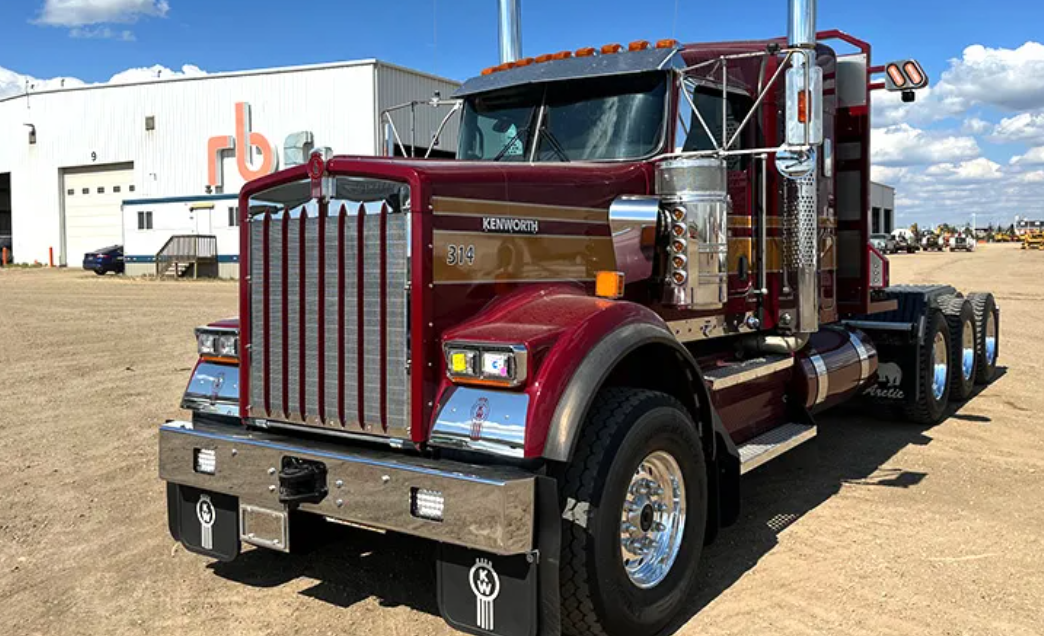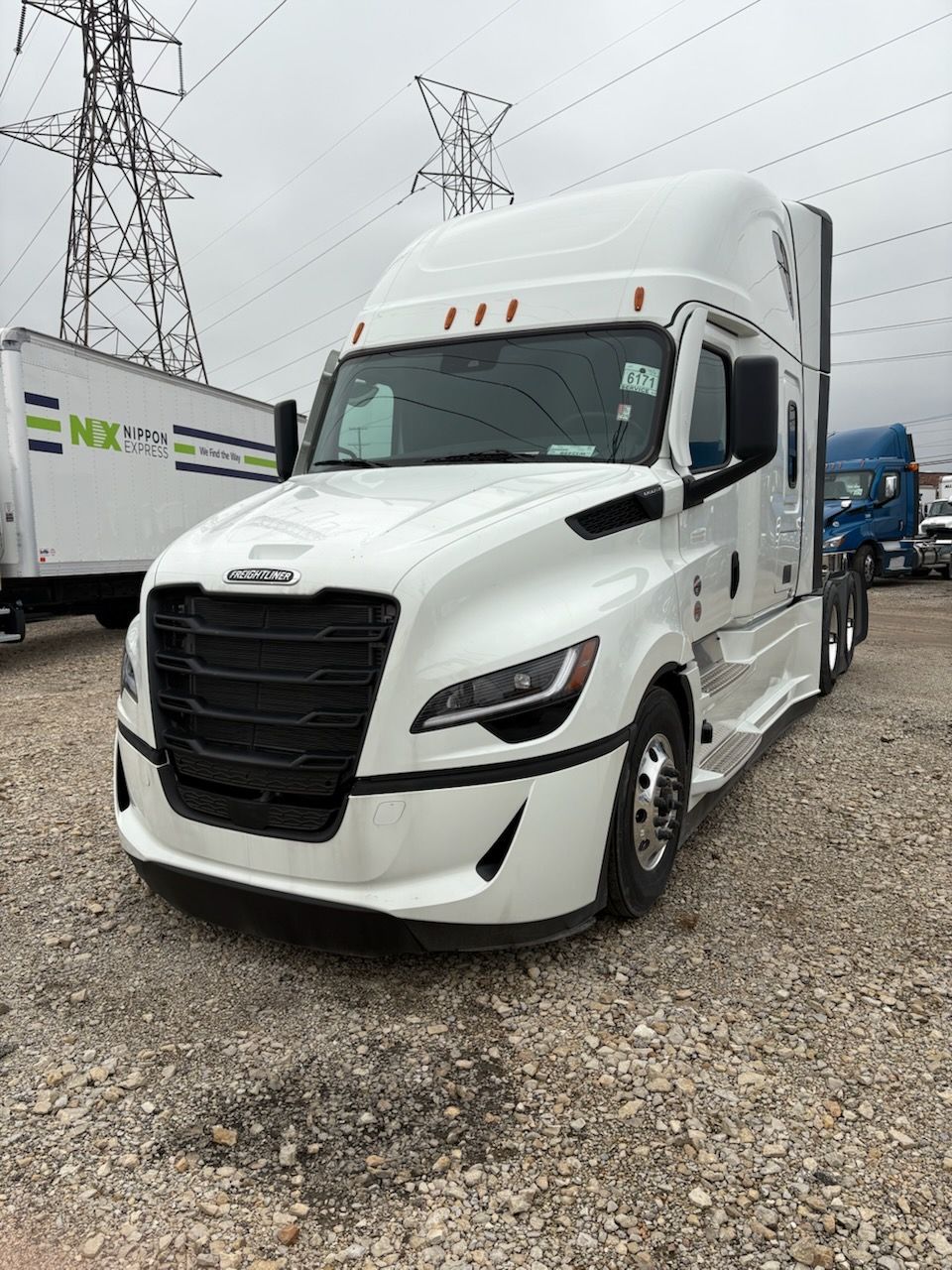Theft and Fraud in the Trucking Industry
Share this Article:
Written by: Bloom Services

Theft and fraud are serious concerns in the trucking industry, affecting not only the companies but also the individual truckers who work hard to deliver goods across the country. OTR truckers, or Over-The-Road truckers, are particularly vulnerable to these crimes due to the nature of their work and the long distances they travel.
Truckers are responsible for transporting valuable goods across the country, making them targets for theft. These goods can range from high-value electronics to pharmaceuticals, making them appeal to criminals who are looking to make a quick profit. According to the Federal Bureau of Investigation, the theft of cargo from trucks is estimated to cost the industry billions of dollars each year.
Cargo Theft
One of the most common forms of theft that OTR truckers face is known as “cargo theft.” This occurs when criminals steal entire trailers or portions of their contents while the truck is parked. OTR truckers are often forced to park in remote locations, making it easier for thieves to target them. Additionally, some thieves may use sophisticated methods, such as hacking into the truck’s GPS system, to track and steal the cargo.
Fuel Theft
Another form of theft that OTR truckers face is fuel theft. Fuel is a significant expense for truckers, and thieves often target truck stops and rest areas to siphon fuel from trucks. This can be a significant financial burden for truckers, as they may have to pay out of pocket for the stolen fuel, in addition to the lost time and productivity.
Fraudsters
Fraud is another concern for OTR truckers. This can take many forms, including fake invoices, false claims of damage or loss, and payment swindles. For example, some criminals may pose as legitimate brokers, promising high-paying jobs to truckers but then stealing their cargo or failing to pay them for their services. These swindles can be difficult to detect, and OTR truckers are left with significant financial losses.
Financial Losses
The impact of theft and fraud on OTR truckers can be devastating. Not only do they face financial losses, but they may also face reputational damage and legal consequences. If a trucker is responsible for the loss of valuable cargo, they are held liable for the damages. Additionally, trucking companies may be reluctant to hire truckers who have been victims of theft or fraud, as they may be perceived as more vulnerable to these crimes.
Avoiding Theft and Fraud
Theft and fraud are significant concerns for OTR truckers. These crimes can have a devastating impact on the financial well-being of truckers and their families, as well as the companies they work for. It is crucial that trucking companies take steps to prevent theft and fraud, such as using advanced security systems and implementing training programs for truckers. Additionally, OTR truckers should remain vigilant and take steps to protect themselves, such as parking in well-lit areas and avoiding suspicious brokers. By working together, the trucking industry can help to prevent these crimes and ensure the safety and security of all truckers.
Bloom Services, Inc
Here at Bloom, we provide both Volvo 860s and Freightliner Cascadias on our Rental and Lease-Purchase Program. If you have a Class A CDL and two years of experience, Bloom Services is hiring OTR truckers. Our drivers take home $3,000 + a week after all expenses.



